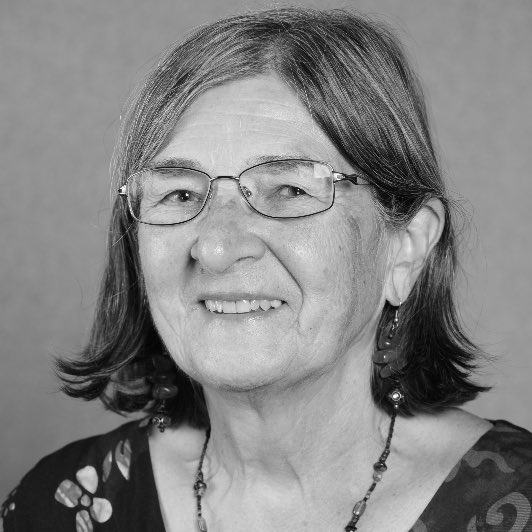
Did You Know? Before Uber or Lyft, SNCC developed a system of shared rides for organizers in the South called the Sojourner Motor Fleet. 

“When a Student Nonviolent Coordinating Committee field secretary began work in Marshall County, Mississippi in the summer of 1962, he had to ride a mule from settlement to settlement.” The same was true in Wilcox County, Alabama in 1965.
SNCC workers needed to traverse rutted, dusty back roads and long stretches of highway to organize in the rural areas of the Deep South. Cars were so important that SNCC formed its own transportation company, the Sojourner Motor Fleet, Inc., to keep its staff mobile.
In the early days, SNCC drove old family cars, donated at the very end of their lives to the cause of freedom. A 1956 Ford station wagon, a 1952 Studebaker, a 1951 Buick sedan, a 1953 Dodge. Ivanhoe Donaldson’s car was missing a floor.
His main co-organizer, Charlie Cobb, used to joke that they were more likely to die of suffocation from the Delta dust swelling up inside their car than from the Ku Klux Klan. SNCC workers drove their already well-used cars hard, outrunning hostile nightriders.
In June 1964, SNCC created the Sojourner Motor Fleet, Inc. to deal with its transportation problems. The fleet–named after Sojourner Truth–assumed legal ownership of SNCC’s vehicles and insured them all under fleet rate insurance. 

This not only took the cars out of the names of individuals, but it gave the Sojourner Motor Fleet control over where and to whom SNCC cars were assigned. All SNCC drivers first had to be authorized for insurance purposes, and then the SMF could lease a car to them. 

For more information, visit: snccdigital.org/inside-sncc/sn…
• • •
Missing some Tweet in this thread? You can try to
force a refresh




